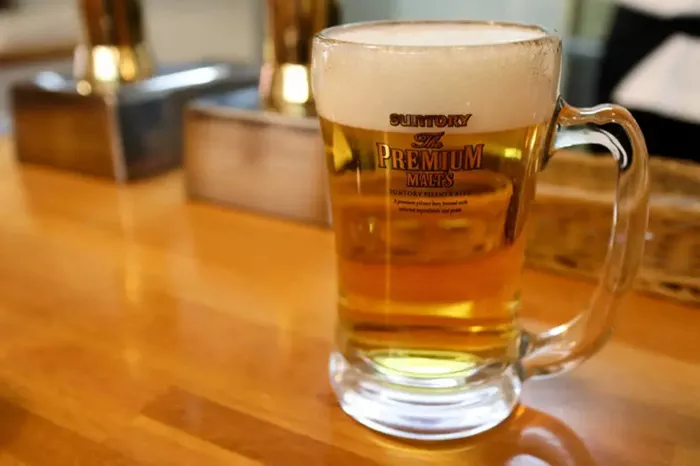The rising popularity of the sober-curious movement has driven a surge in non-alcoholic beverage sales, particularly non-alcoholic beer, sparking renewed interest in the health benefits and production challenges of these alcohol-free alternatives.
Beer, traditionally one of the most consumed fermented beverages, has long been associated with social events, from Oktoberfest to casual pub gatherings. Yet as consumers become increasingly health-conscious and seek affordable, low-risk alternatives to alcohol, non-alcoholic options are gaining traction. Alcohol, widely known for its negative health effects and economic cost, is facing growing scrutiny.
Market analysts predict that the European non-alcoholic beer market will exceed $33 billion by 2032, reflecting this significant shift in consumer behavior. Sales of non-alcoholic beer in Ireland alone rose 18% between 2023 and 2024, indicating a strong and growing demand.
While beer is not typically regarded as a health product, researchers suggest non-alcoholic beer may carry potential health benefits. Rich in polyphenols from malt and hops, these compounds have antioxidant properties that may help protect cells from oxidative stress. Additionally, as a fermented beverage, non-alcoholic beer may offer bioactive molecules known to positively influence human health, including through interactions with the gut microbiome.
The gut microbiome—a complex community of symbiotic, commensal, and pathogenic microorganisms—is now recognized as critical to human health. Alterations in its composition have been linked to a wide range of physiological and pathological conditions. Diet plays a major role in shaping the microbiome, and fermented foods have been shown to both enhance microbial diversity and introduce beneficial new microbes. Current estimates suggest fermented foods can contribute about 3% of these new microbes to the gut.
These microbiome-related benefits have led some companies to market non-alcoholic beer as a health-conscious alternative, including as a post-exercise isotonic drink. However, scientists caution that the actual health impacts of non-alcoholic beer remain under-researched. Experts warn that many health claims in product marketing remain unsubstantiated, pointing to a significant public health knowledge gap as consumption rises.
From a production standpoint, creating non-alcoholic beer presents unique technological challenges. Two main production methods are currently used: dealcoholisation, where alcohol is removed from traditionally brewed beer using membrane-based techniques; and controlled fermentation, where alcohol production is limited from the outset through altered fermentation conditions, such as low temperatures or low sugar levels.
Each method presents trade-offs. Dealcoholisation can remove desirable flavour compounds along with alcohol, while adjusted fermentation often fails to produce them altogether. This can result in a final product that is less malty and bitter, potentially diminishing its appeal to traditional beer drinkers.
Another hurdle is shelf life. Conventional beer benefits from the preservative effects of alcohol, low nutrient content, and the presence of carbon dioxide. In contrast, non-alcoholic beer is more vulnerable to microbial contamination due to its altered composition.
To overcome these issues, researchers are turning to food science, microbiology, and advanced data analytics. Innovations in DNA sequencing have enabled scientists to identify and predict which microbial strains can enhance flavour, aroma, health properties, and stability in non-alcoholic beer. With the rise of craft brewing and the success of varied beer types like real ales, there is ample room for experimentation and product differentiation in this expanding niche.
As the demand for alcohol-free options continues to climb, researchers and brewers alike are seeking to strike the right balance between taste, health benefits, and sustainability. While current offerings may not yet fully deliver on all fronts, ongoing scientific research is expected to yield a new generation of non-alcoholic beers that appeal to both health-conscious and flavour-driven consumers.
You Might Be Interested In:


